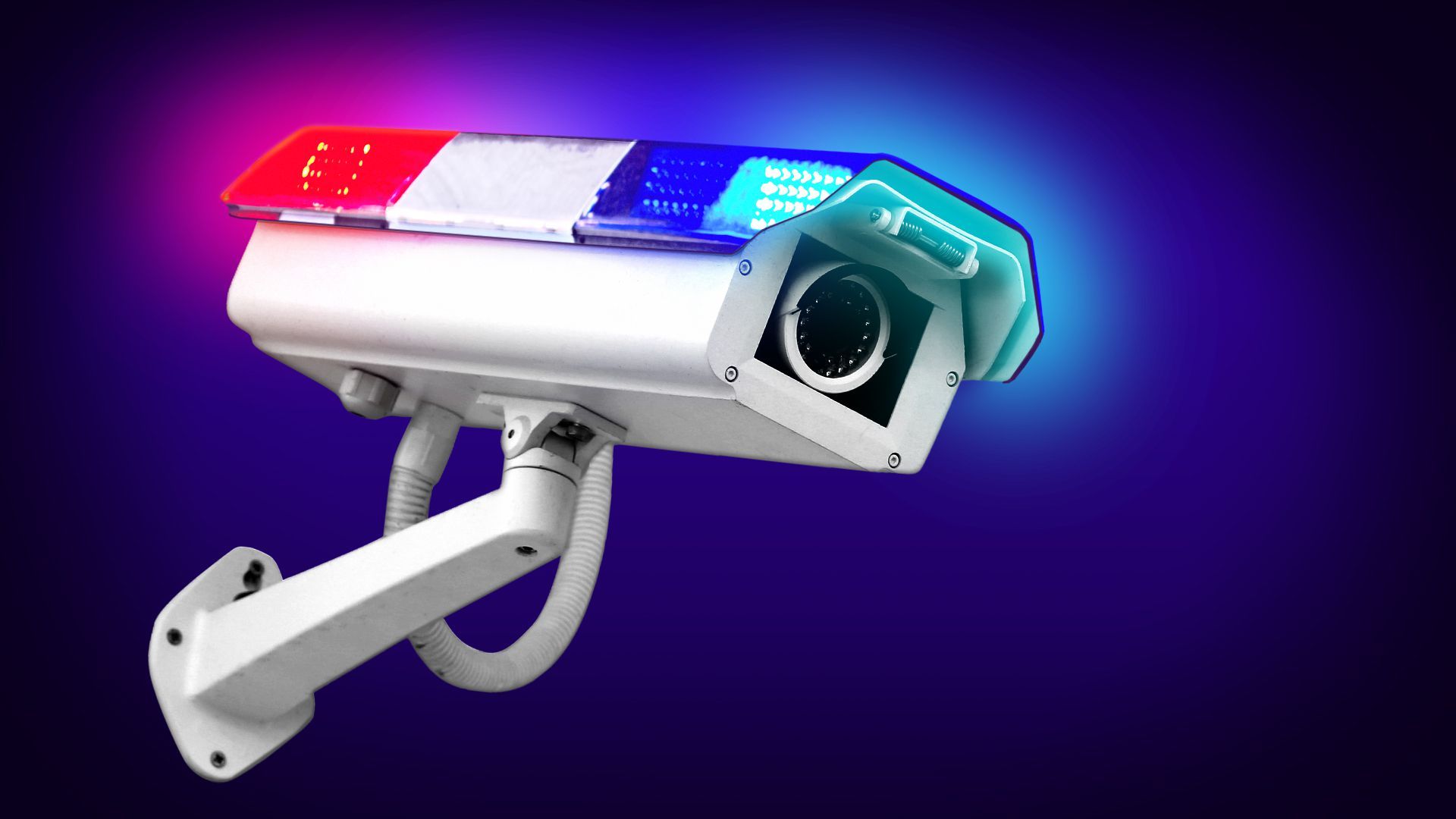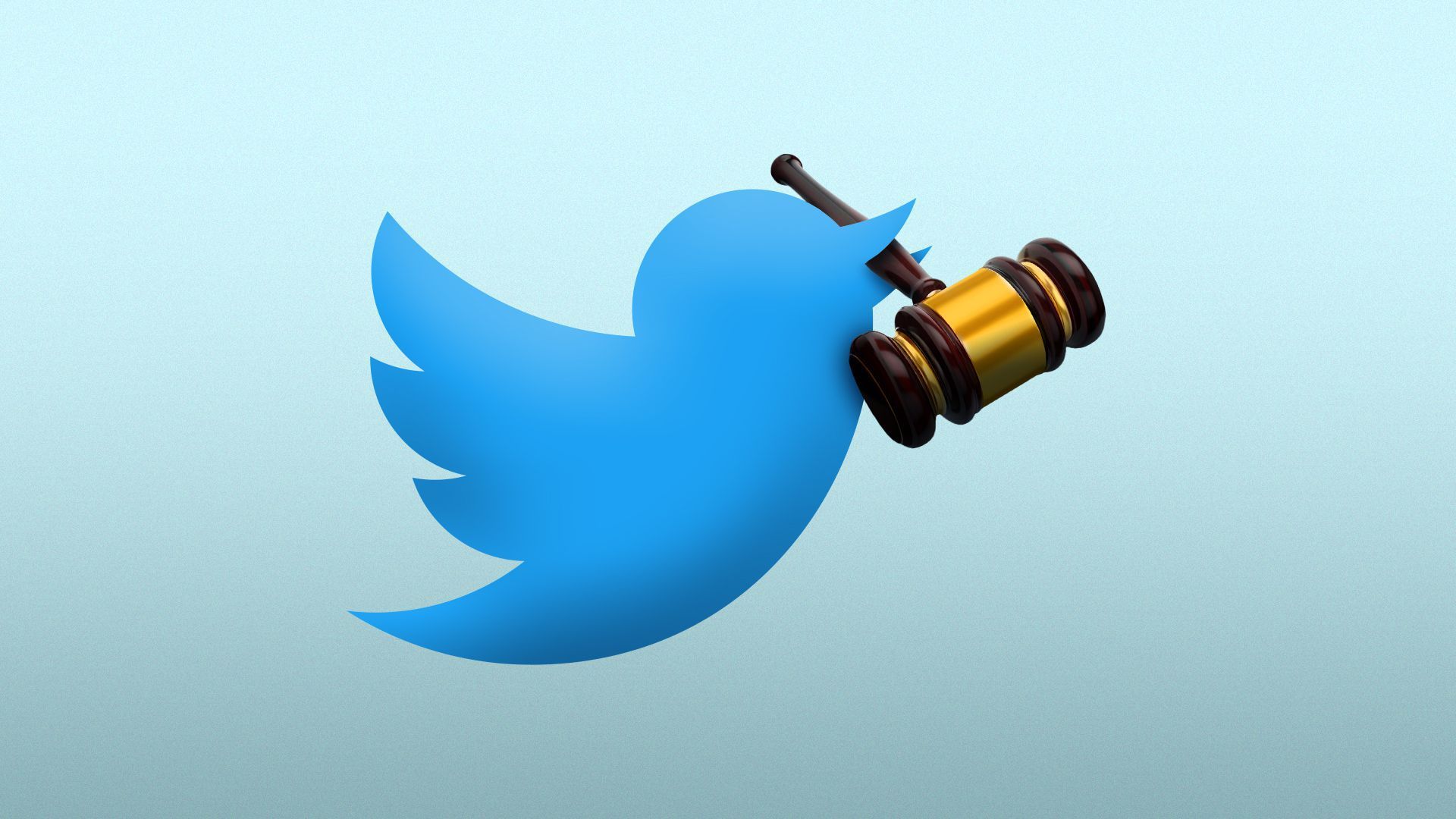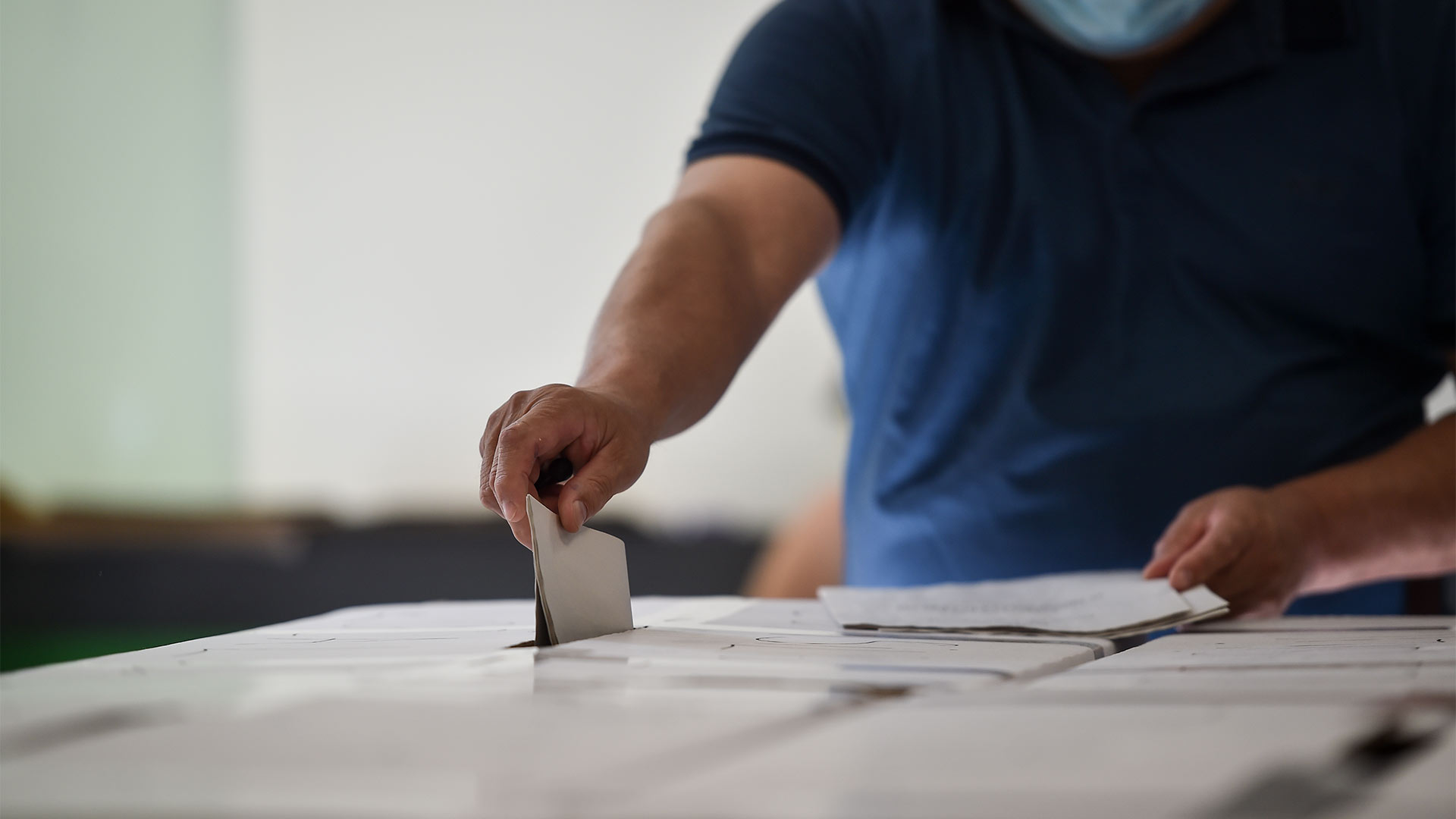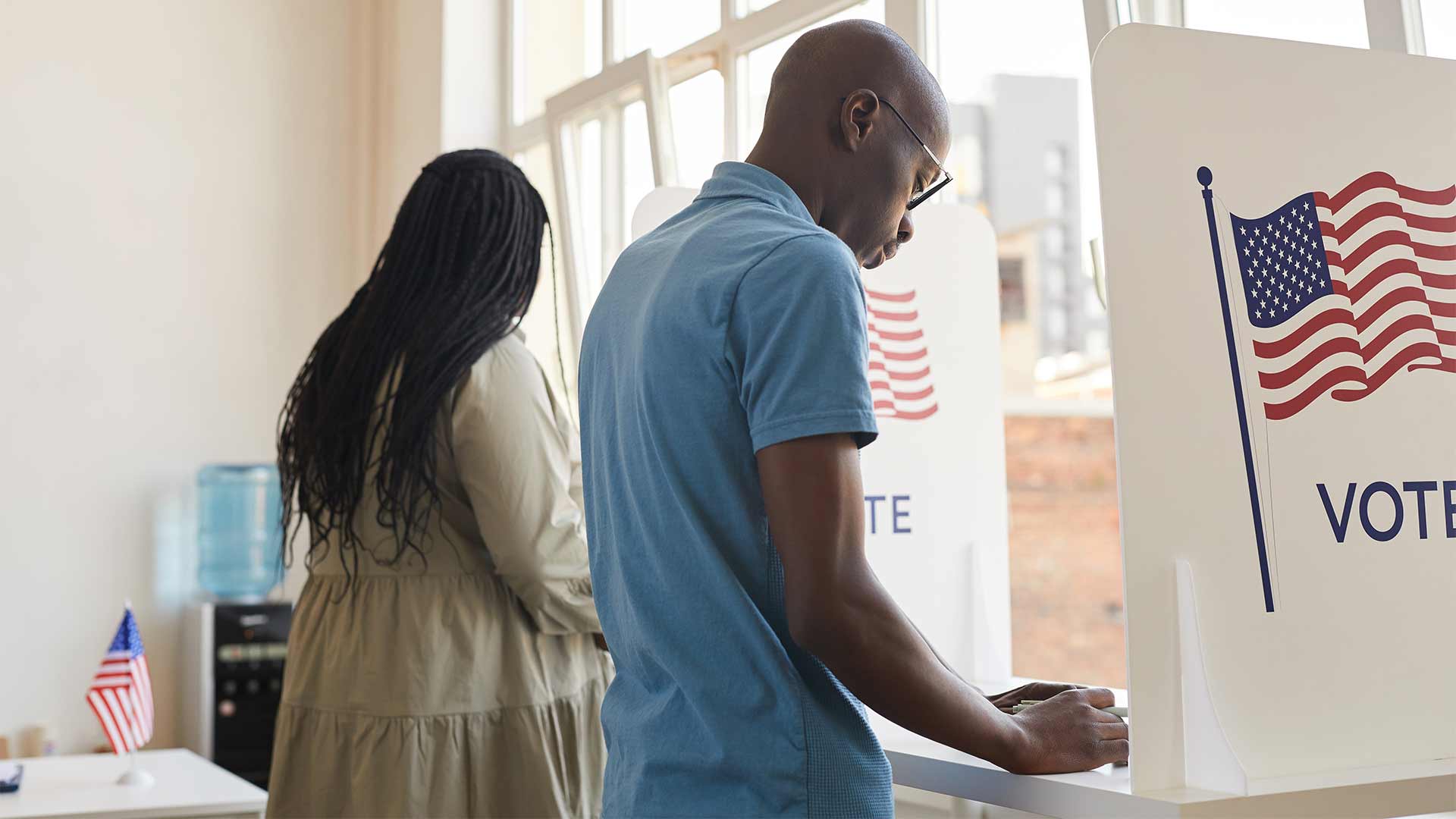| | | | | | | Presented By American Edge Project | | | | Axios Login | | By Ina Fried · Jul 20, 2022 | | Congrats on inbox zero! Just kidding. There were like 2,000 e-mails in your inbox. It was crowded in there. 🔔 Situational awareness: A coalition of tech giants that includes Apple, Meta and Google has requested the Indian government change newly proposed IT rules that would allow the government to reverse social media content moderation decisions. Today's newsletter is 1,231 words, a 4.5-minute read. | | | | | | 1 big thing: SF police plan to monitor video ignites controversy |  | | | Illustration: Annelise Capossela/Axios | | | | A plan by the San Francisco Police Department to monitor surveillance video captured by businesses and residents is stoking concerns it will erode citizens' privacy and endanger the rights of protesters and members of marginalized groups. Why it matters: The proposed policy shift highlights the risk that technology installed for one purpose, can easily be adapted for others. Driving the news: The proposal would give the police broad power to use a wide range of cameras they don't own, including a large network of cameras operated by neighborhood business improvement districts, as well as those owned by individuals and stores. - The SFPD has proposed the new policy, which has garnered support from the mayor as well as the city's new district attorney, Brooke Jenkins, who replaced Chesa Boudin after his recall last month.
Police leaders argue the cameras will serve as additional eyes and ears at a time when San Francisco faces a perceived rise in crime as well as complaints that the police are not enforcing laws. - The state of crime in the city remains hotly contested, with some citing what seems to be a rise in shoplifting and other offenses. But total crime is down since the pandemic, although homicides have increased, per the San Francisco Chronicle.
- The SFPD proposal is thin on details, including which cameras it will and won't access, as well as the process it will use to gain consent and access the data.
Yes, but: Civil rights advocates are sounding alarms. "It is really important to us there are meaningful safeguards and restricting limitations," says Electronic Frontier Foundation staff attorney Saira Hussain. "We don't believe that generally private cameras should be in the hands of law enforcement." - Hussain says the public agrees, pointing to a survey that found six in 10 San Francisco voters oppose the SFPD's proposal, including 42% who said they strongly oppose the idea.
Critics are particularly worried that any expansion of the department's surveillance capabilities will disproportionately target people of color, immigrants, religious minorities, LGBTQ people and protesters. - "As written, SFPD's proposal would allow officers to use private cameras to monitor people going about their daily lives and to request troves of recorded footage, keeping it for years," the ACLU of Northern California said in a blog post.
Between the lines: Even without the new powers, police in the city have been known to monitor real-time feeds, invoking the "imminent danger" clause allowing for such surveillance. Of note: The SFPD proposal, as it stands now, doesn't set limits on how long video footage can be stored or on how it is shared with other law enforcement agencies, including those from other states as well as federal immigration authorities. - Advocates say that's particularly worrisome at a time when other states are seeking to criminalize abortion and gender-affirming health care.
Be smart: The amount of ambient video recording — including by new tech like autonomous vehicles — is only going to grow in coming years. Without limits, critics worry that virtually everything that takes place in public could be subject to police surveillance. |     | | | | | | 2. Twitter wins fast-track Musk trial |  | | | Illustration: Gabriella Turrisi/Axios | | | | Twitter's trial for its lawsuit against Elon Musk will take place over five days in October, a Delaware Chancery Court decided following a hearing yesterday, Axios' Kia Kokalitcheva reports. Why it matters: This is much closer to Twitter's preferred timeline than Musk's. The judge sided with the company's arguments that delays will further harm its business. What happened: Twitter refuted Musk's argument that deep analysis into fake accounts was needed for the trial, mostly because it wasn't even a factor in the acquisition agreement. The other side: Musk's legal team argued that the only critical date in this case would be his April deadline for the financing of the acquisition, making the fast-tracked trial unnecessary. Go deeper: The merger term that could decide Twitter vs. Musk |     | | | | | | 3. Apple to pay $50M over faulty keyboards | | Apple has agreed to a $50 million settlement in a class-action lawsuit over the company's faulty "butterfly keyboard" design, Axios' Erin Doherty reports. Driving the news: The settlement covers customers who bought MacBook, MacBook Air and most MacBook Pro models between 2015 and 2019 in California, Florida, Illinois, Michigan, New Jersey, New York and Washington, per the settlement. - Apple customers claimed that the tech company was aware of the faulty design, which customers say had sticky and unresponsive keys and that tiny amounts of debris could make it difficult to type.
- Lawyers for the customers expect maximum payouts of $395 to people who replaced multiple keyboards, $125 to people who replaced one keyboard and $50 to people who replaced individual keys, Reuters reports.
- Apple began phasing out the butterfly keyboard in 2019.
Ina's thought bubble: The butterfly keyboards were long-criticized by reviewers and customers, who found them prone to keys that got stuck and either didn't produce a keystroke or produced multiple keystrokes. - Apple offered replacement programs that covered the cost of repairing or replacing some problematic keyboards and eventually redesigned its laptops.
|     | | | | | | A message from American Edge Project | | Voters are focused on inflation — not breaking up tech | | |  | | | | Midterm voters' top priorities for Congress are inflation (88%), national security (86%) and jobs (85%). - 84% of voters agree "there are other, bigger problems facing the United States, we should not be focused on breaking up U.S. tech companies right now."
Read more from our poll. | | | | | | 4. Investment in game companies soaring |  | | | Characters from Subway Surfers, whose studio was purchased by Tencent. Image: Sybo | | | | Despite signs of possible industry slowdown, money is still pouring into video game companies big and small, Axios' Stephen Totilo reports. Driving the news: Some 651 gaming M&A or investment deals were announced or closed in the first half of the year, totaling more than $107 billion, according to a new report from Drakestar Partners. - Those totals include Microsoft's $69 billion bid for Activision, Take-Two's purchase of Zynga and myriad others, among them an industry-leading 47 M&A deals in mobile.
- The second quarter of 2022, saw a little comedown, with 60 announced deals compared to 74 from the same quarter in 2021 (but up from 47 in Q2 2020).
- Those April-June deals included Embracer's acquisition of Tomb Raider and that franchise's development studio, as well as Tencent buying Subway Surfers maker Sybo. That's just one of 7 acquisitions by Tencent.
Between the lines: Even in a sector where investment is spread to all kinds of games and platforms, continued enthusiasm for blockchain stands out. - More than half of the investment in early stage companies — over $2.2 billion — went to blockchain and NFT startups, according to the report.
|     | | | | | | 5. Take note | | Trading Places - GoFundMe has hired former longtime Xbox executive J Allard as chief product and technology officer.
- Still working to get needed funding from Congress, the Semiconductor Industry Association is beefing up its ranks, adding Stewart Barber and Molly O'Leary, each in the role of director of government affairs.
ICYMI - The House Judiciary Committee released documents it says show various ways the tech giants preference their own products and services. The release comes as lawmakers continue to struggle to pass antitrust legislation this year. (The Verge)
- Netflix's stock rose more than 10% after the streaming giant said it lost 970,000 subscribers last quarter. (Axios)
- The Senate's chips bill passed its first procedural vote yesterday, paving the way for approval of the domestic semiconductor manufacturing subsidies. (Wall Street Journal 🔒)
|     | | | | | | 6. After you Login |  | | | Image: Lego Group | | | | In honor of Atari's 50th anniversary, Lego is doing a 2,532 brick rendition of a wood-paneled Atari 2600 game console, complete with cartridges and joystick. The Atari build follows Lego's version of the classic Nintendo Entertainment System, released in 2020, which has already found a place behind my desk. |     | | | | | | A message from American Edge Project | | Voters prioritize inflation over far-reaching tech regulation | | |  | | | | A new midterm voter poll finds that regulating tech is not a top priority for voters. Key number: 74% of voters agree that "breaking up U.S. tech companies will only hurt America's competitiveness on the global stage, at a time when our adversaries are becoming bolder." Explore the poll. | | |  | | Are you a fan of this email format? It's called Smart Brevity®. Over 300 orgs use it — in a tool called Axios HQ — to drive productivity with clearer workplace communications. | | | | | | Axios thanks our partners for supporting our newsletters. If you're interested in advertising, learn more here.
Sponsorship has no influence on editorial content. Axios, 3100 Clarendon Blvd, Arlington VA 22201 | | | You received this email because you signed up for newsletters from Axios.
Change your preferences or unsubscribe here. | | | Was this email forwarded to you?
Sign up now to get Axios in your inbox. | | | | Follow Axios on social media:    | | | | | |
Post a Comment
0Comments